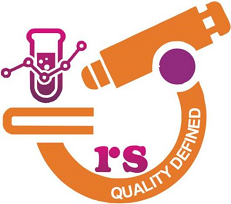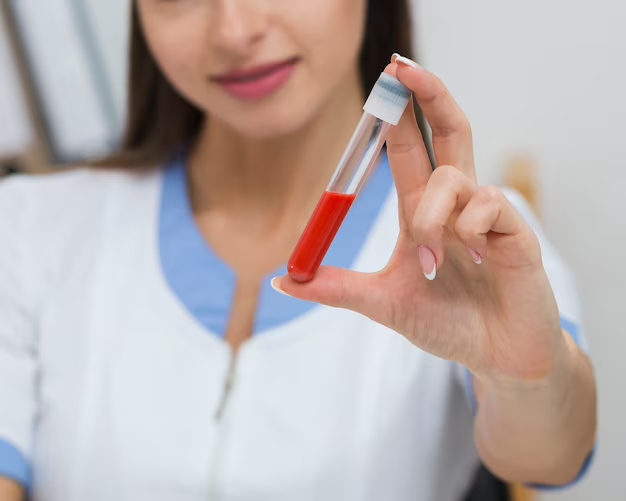Phone : +918147282686
LAB NEAR YELAHANKA

|
Limited Time Offer (49 Parameters ) Complete Blood Count, Random blood sugar, Kidney Function Test, Liver Function Test, Urine Routine & Microscopy Extended
Cholesterol levels are measured through a blood test called a lipid panel. This test typically measures total cholesterol, HDL (high-density lipoprotein) cholesterol, LDL (low-density lipoprotein) cholesterol, and triglycerides. High levels of LDL cholesterol and triglycerides, along with low levels of HDL cholesterol, can increase the risk of heart disease and stroke. It’s important to get regular check-ups and follow your doctor’s recommendations for managing cholesterol levels through lifestyle changes and, if necessary, medication. The most commonly performed blood test is complete blood cell count. Automated complete blood count also give information for “differential” which gives information about percentages and absolute numbers of different subgroups of white blood cells. This test includes hemoglobin, white blood cell count, platelet count, and detailed red blood cell indices. A pediatrician is frequently challenged for evaluating complete blood count as a part patient’s assessment. An enhanced and complete understanding of this laboratory test is essential for providing quality care of sick and normal children. Here in this paper, we want to share key laboratory interpretation strategies for complete blood count and some clues for differentiating normal from deviations and true problems. This test is necessary in diagnosing anemia, hematological cancers, infections, acute hemorrhagic states, allergies, and immunodeficiencies. Also it is used for monitoring side effects of certain drugs
FOR HOME COLLECTION Call us now @ 8147282686
|
Tag
BLOOD TEST SERVICE AT AFFORDABLE PRICES NEAR ME BLOOD TEST AT HOME IN YELAHANKABLOOD TEST CENTRE IN YELAHANKABLOOD TEST NEAR MEEnquiry
Get in touch
R S DIAGNOSTIC CENTRE.All Rights Reserved © 2026








